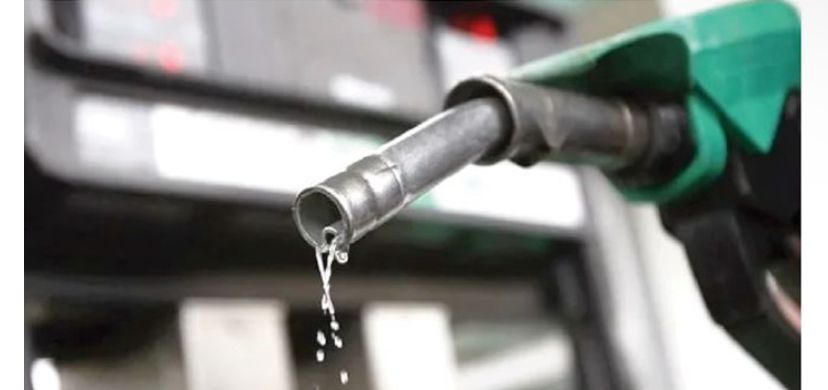Fuel Prices Set to Climb as Depot Owners Raise Petrol and Diesel Rates Amid Global Oil Surge…Nigerians may soon face yet another increase in the cost of petrol and diesel as four major private depot operators have raised their ex-depot prices in response to the recent surge in global crude oil prices.
The development is sparking fresh concerns about a looming spike in pump prices across the country, with implications for transportation costs, business operations, and the general cost of living.
The depot owners—Swift, Wosbab, Sahara, and Shellplux—have all adjusted their prices upwards, with Premium Motor Spirit (PMS), also known as petrol, now being sold between ₦950 and ₦960 per litre, up from previous rates of ₦907 to ₦910 per litre. This represents a roughly 4.74% increase in ex-depot prices.
Diesel prices are also seeing a similar trend, rising steadily in line with the global oil market.
The change comes after the price of Nigeria’s Bonny Light crude climbed from $73 to $80 per barrel, driven by global market forces and tightening supply from major oil-producing nations.
This spike in crude prices is having a direct impact on the cost of refined petroleum products locally, especially in the absence of subsidies and amid a largely deregulated downstream sector.
The Independent Petroleum Marketers Association of Nigeria (IPMAN) has voiced concern over the rising prices.
Speaking on behalf of the association, IPMAN’s National Public Relations Officer, Chinedu Ukadike, warned that the upward adjustment in ex-depot prices could lead to a broader fuel crisis.
He explained that independent marketers, who purchase directly from depots, may be forced to pass the additional cost onto consumers at the pump, thereby increasing retail fuel prices nationwide.
Ukadike emphasized that the timing of the price hike could not be worse, as many Nigerians are already grappling with high inflation and economic uncertainty.
He urged the federal government to intervene swiftly by creating price stability mechanisms and exploring short-term solutions that can ease the pressure on marketers and consumers alike.
One such solution previously adopted was the Naira-for-crude arrangement, where the federal government, through the Nigerian National Petroleum Company Limited (NNPCL), facilitated domestic crude purchases in local currency for refiners like the Dangote Refinery.
This initiative was designed to shield the local market from fluctuations in the foreign exchange rate and reduce the dollar burden on downstream operators.
However, recent reports indicate that Dangote Refinery has suspended sales of refined fuel in Naira, citing the financial strain caused by purchasing crude oil in dollars while being paid in local currency.
This suspension has added a new layer of complexity to the current fuel supply situation and is expected to further impact pricing and availability.
The suspension of Naira-based fuel transactions has also stalled ongoing discussions between NNPCL and Dangote Refinery aimed at stabilizing the domestic market.
With local refineries not yet fully operational and a heavy reliance on imported products, marketers are left exposed to international pricing dynamics and volatile exchange rates.
Consumers across the country are beginning to feel the impact, with some filling stations already adjusting pump prices in anticipation of the cost increase.
READ MORE: Federal Budget Cuts Leave 1,500 Health Workers Unpaid, Spark Nationwide Concern
Transport operators are also reportedly reviewing fares, especially in urban centers, which may soon see hikes in public transportation charges.
The ripple effect of fuel price adjustments is expected to cut across food prices, logistics, and general consumer goods, further straining household budgets.
As the government weighs its options, industry stakeholders are urging authorities to fast-track efforts at achieving full domestic refining capacity while also creating a more sustainable pricing model that protects both marketers and end-users.
With tensions rising in the oil market and uncertainty looming, Nigerians are bracing for a fresh wave of economic pressure triggered by fuel price hikes.




